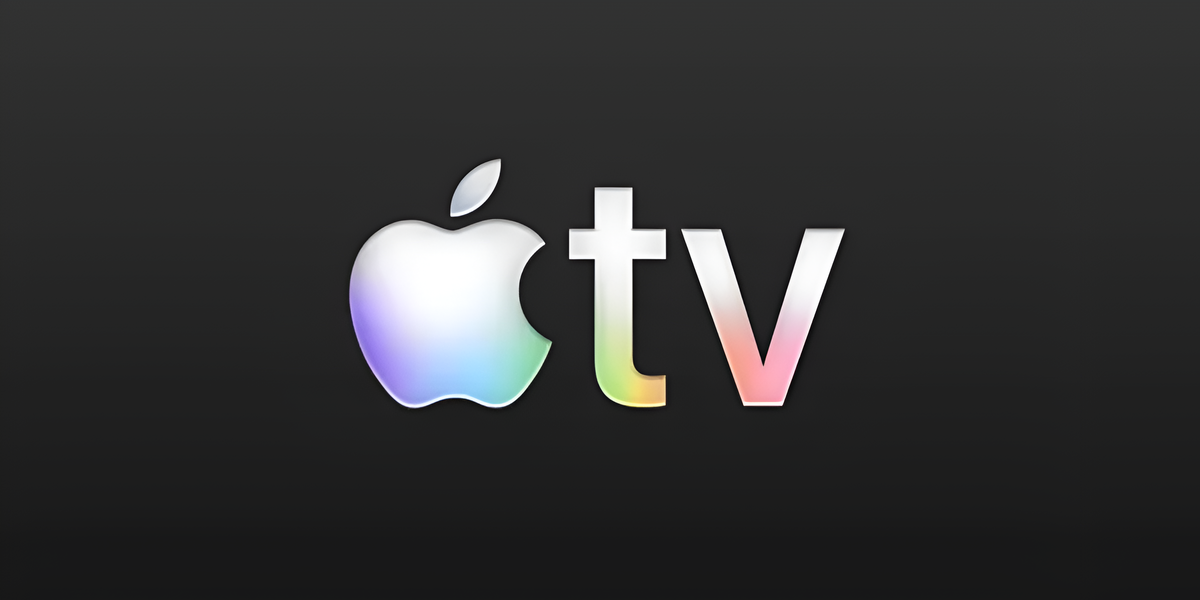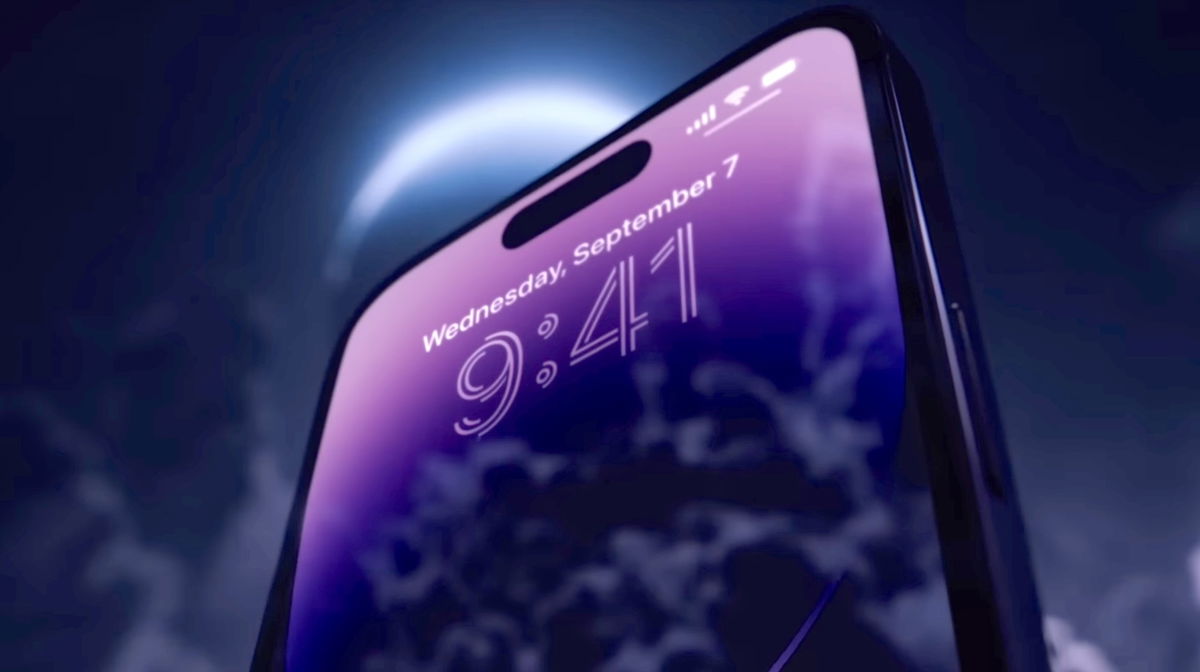One of the great goals of Elon Musk in his intention to acquire Twitter was to make the platform dominate freedom of expression; that any user can share their opinion, no matter how controversial it may be, without being restricted by a social network or even permanently blocking their account.
Since then, and especially after the mogul completed the Twitter purchase, we have seen how users took advantage of this “freedom of speech” that Musk promised so much to post racist content from minute zero. Just like the news of the return of accounts that did nothing but incite hatred and disinformation, such as Donald Trump’s account, spread like wildfire.
What’s more, a move has recently been made that was not uncommon during Parag Agrawal’s or Jack Dorsey’s leadership on Twitter. Near phishing on verified accountswho change their profile name to impersonate other people and post content on their behalf. This is, again, a user-created movement (mostly comedians). They, in particular, use Elon Musk’s promise of freedom of expression. Something amazing the manager himself seems to punish according to the platform’s current rules.
Freedom of expression? Yes, but with nuances

Twitter in particular permanently banned some accounts of comedians impersonating someone else using verification to feign notoriety. A prime example is actress and comedian Kathy Griffin. His Twitter profile has been taken down for impersonating Elon Musk himself in order to parody him and post content on his behalf.
It’s without a doubt a somewhat controversial measure of the director’s own speech. First of all, if you take into account that these profiles did nothing but, apparently, freely share content as a parody. Even, Musk himself said this comedy is “now legal on Twitter”.
But what happens when the promise of free speech is combined with the promise to make Twitter a place where there is no place for fake accounts; another one of Musk’s great commitments? That those who try to impersonate other people end up being removed from the platform.
A solution so that both promises complement each other? To make an exception. If a Twitter account wants to impersonate another to post bullying content, they can do so, but must explicitly state that it is a “parody” on their profile. This is actually what Elon Musk himself clarified in his tweet.
“In the future, any Twitter user who engages in phishing without clearly labeling ‘parody’ will be permanently banned.”
Rules that were already present on Twitter

Interestingly, the measure that Musk has taken against those accounts that intend to impersonate the relevant public figures, not new. Twitter, under the leadership of Agrawal or Dorsey, also took action to suspend accounts that faked an identity by changing the username.
In fact, despite Elon Musk appearing to have fired those responsible for suspending Donald Trump’s Twitter account, he himself has stated that this and other previously banned profiles will not be available again until they have ” a clear process for doing so.” In any case, it must be borne in mind that Musk’s appearance on the social network, although it was very obvious, is quite recent.
There’s still a lot of change ahead, so it’s only natural that some of the measures the mogul is currently taking are just rules that were already present on Twitter.
Source: Hiper Textual










